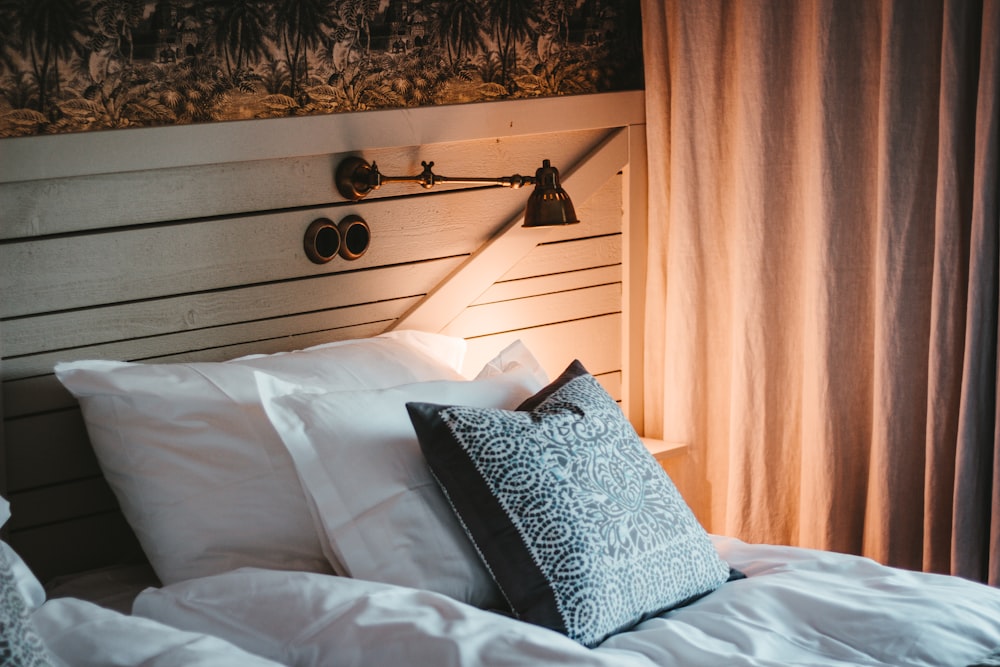We’ve all heard the terms “early bird” and “night owl” in reference to our sleep habits. Some people are all about the “early to bed, early to rise” mantra, while others prefer to burn the midnight oil. And of course, there are plenty of people who fall somewhere in between.
Believe it or not, however, these basic parts of your sleep preferences could influence how easy you find it to adapt to using a CPAP machine to treat obstructive sleep apnea. Obstructive sleep apnea is a relatively common sleep disorder in which the airways collapse during sleep, blocking the flow of oxygen to the lungs. This can cause you to wake up dozens of times per night, greatly disrupting sleep. A CPAP machine provides a steady flow of pressurized air to keep you breathing normally throughout the night — but many find it difficult to adapt to using their CPAP.
Here are some things you should know — as well as how you can maximize the effectiveness of your treatment, regardless of your sleep preferences.
Research Finds Early Birds Get Better CPAP Outcomes

The latest research on CPAP users comes from Yale, which sought to determine if a person’s chronotype (or the time they prefer to sleep) influenced their adherence to their CPAP treatment. Over a period of six months, researchers determined that “early birds” — those who prefer to wake up early — averaged an additional 40 minutes of CPAP use per night compared to others.
As Yale School of Medicine assistant professor and study author Andrey Zinchuk explained, “Each additional half hour of CPAP use is clinically meaningful. It has an impact on a patient’s quality of life. So 40 minutes is significant. […] For now, the findings suggest that chronotype may be something we should pay more attention to. If a patient isn’t a morning person, maybe we consider their barriers to CPAP use more closely. This study also reiterates how important and influential our biological clocks are for all kinds of health factors, both biological and behavioral.”
While more research still needs to be done, this finding could help explain why some people have an easier time adapting to using a CPAP machine than others. But what to do when you’re not a morning person and you need a CPAP machine?
Maximizing Your CPAP Use
Whether you go to bed early or late, adjusting to using a CPAP machine can be a challenge. Some people find the flow of air or the feel of a mask on their face uncomfortable. This initial discomfort could cause them to not use their CPAP for the entire night, resulting in poor sleep quality.
There are some simple things you can do to address this. Some people find it helpful to wear just the CPAP mask (without being connected to the machine) for short periods during the day to get used to how it feels. Many modern CPAP machines use a ramping feature that gradually increases air pressure while you are falling asleep, not reaching the full prescribed pressure until you are asleep. Using a humidifier can also increase comfort and help prevent side effects like dry nose or throat.
Consulting with a sleep specialist can help you determine best practices for getting used to your CPAP machine. By maximizing comfort and treatment effectiveness, you can enjoy higher-quality sleep.
Improving Your Bedtime Routine

A better bedtime routine can also help you maximize your CPAP use, no matter what time you go to bed. By improving your ability to fall asleep quickly, you can ensure that more of your time in bed will actually be spent asleep and using your CPAP machine.
Perhaps the most important thing you can do is follow a consistent bedtime routine. This means going to bed around the same time each night — even on weekends — and not varying your bedtime or wakeup time by more than an hour on any given night. This alone can help your body “learn” to start feeling tired at the appropriate time.
Your bedtime routine will be most effective if it includes relaxing activities that ready your body and mind for sleep. A warm shower or a brief yoga session can help relax the body so it is easier to fall asleep. Writing in your journal or meditating for a few minutes can help you empty your mind so you don’t lie awake thinking about the day. Avoiding blue light exposure, eating, or drinking before bed will also make it easier to fall asleep and stay asleep.
By developing good sleep hygiene, you’ll be ready to fall asleep quickly and not worry so much about your CPAP machine — leading to longer, more restful sleep and more effective sleep apnea therapy.
Make the Most of Your CPAP
Regardless of whether you go to bed early or stay up late, you can take simple steps to maximize the effectiveness of your CPAP therapy so you can get the quality sleep you need. Of course, part of ensuring that you get quality sleep apnea treatment is keeping your equipment up to date and replacing components as needed.
Without quality health insurance coverage, these costs can add up quickly — but No Insurance Medical Supplies can help! You’ll find discounted prices on CPAP masks, CPAP machines, and more, helping you enjoy big savings on essential medical equipment. With free shipping on orders of $99 and up and a best price guarantee, you can have confidence that you’ll be able to get quality treatment for sleep apnea without putting too big of a dent in your wallet.

